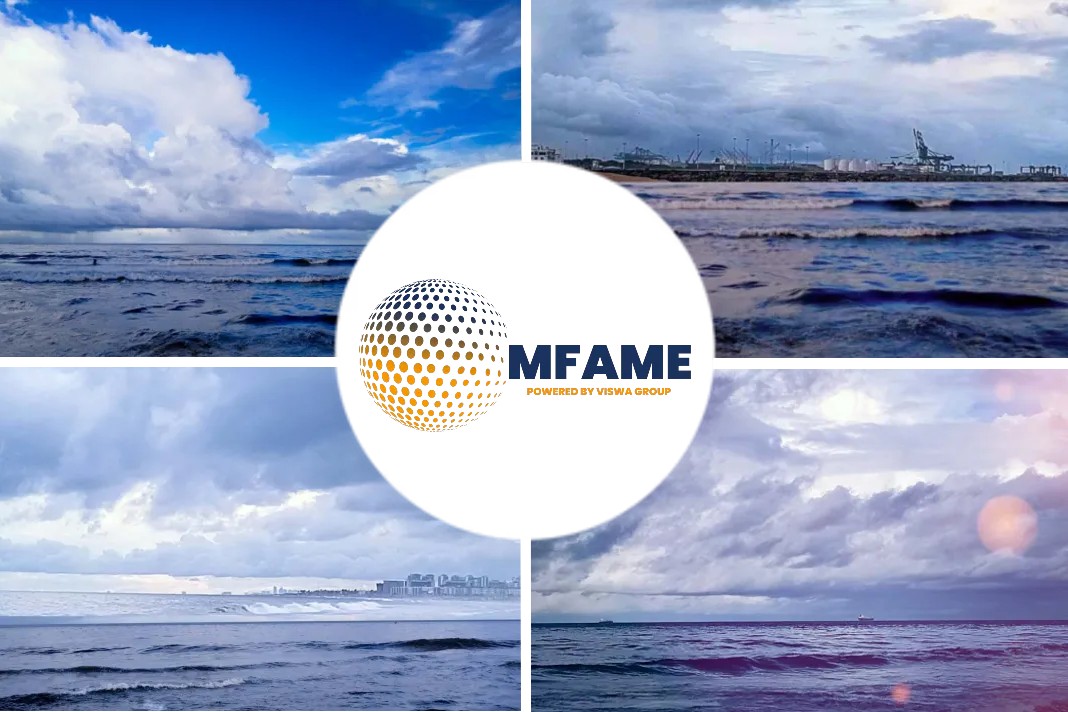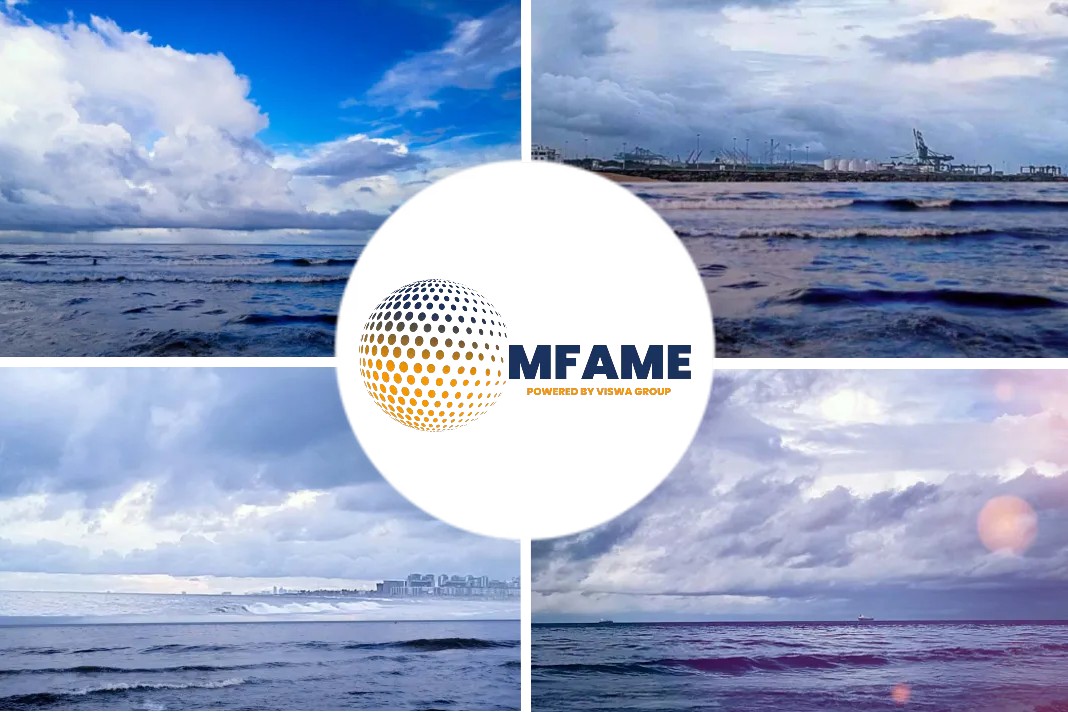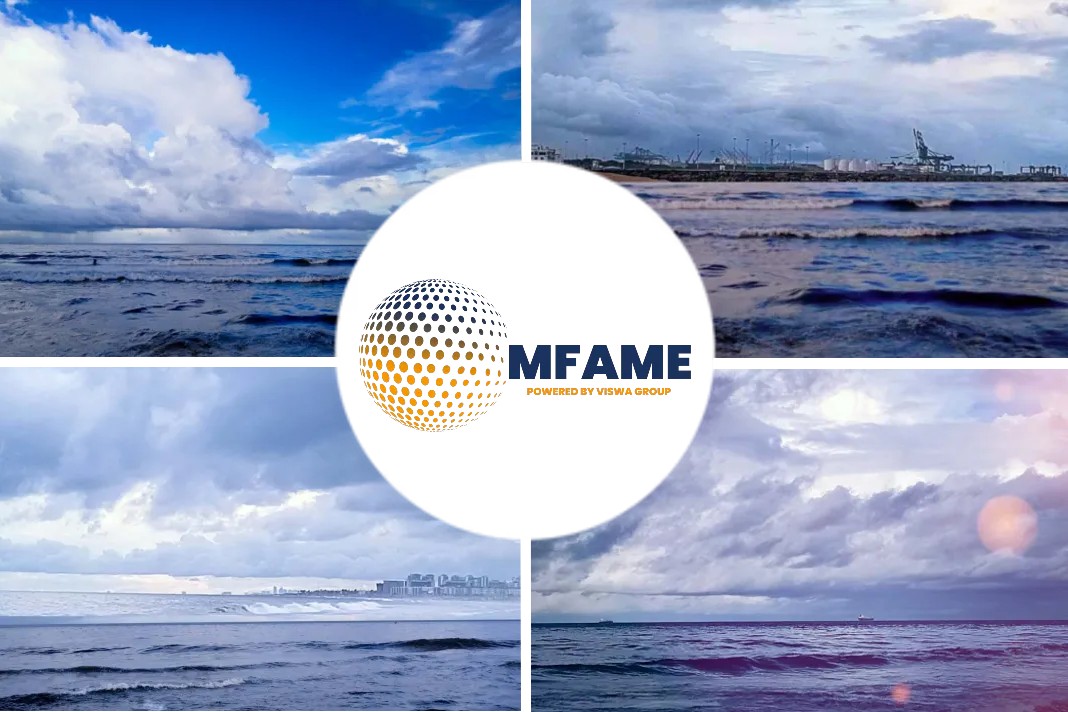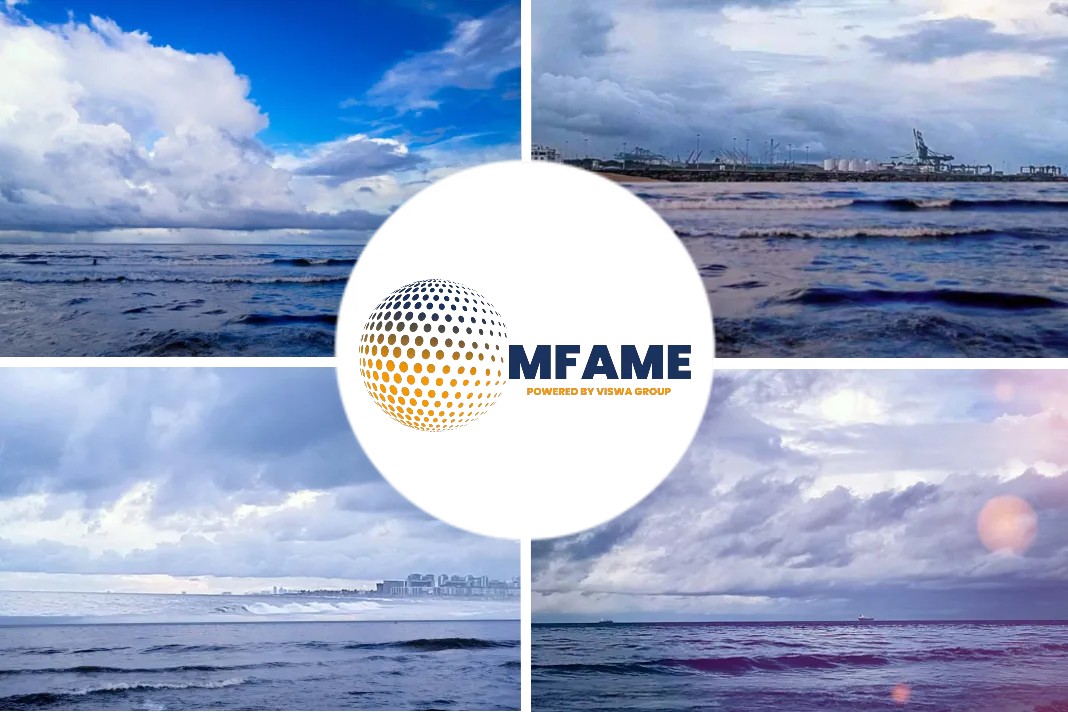A Reuters report by Jonathan Saul shows how the Baltic Exchange is coping ahead of the new IMO regulations.
Shipping Indices Unchanged
The report edited by Alexandra Hudson shows that the Baltic Exchange has opted to keep its benchmark shipping indices unchanged, despite calls from some market players for the data provider to include fuel cleaning systems that vessels can fit due to a major regulatory change next year.
From January 2020, UN shipping agency the International Maritime Organization (IMO) will ban ships from using fuels with a sulphur content above 0.5 percent, compared with 3.5 percent now, in one of the biggest changes in the oil and shipping markets in decades.
Only ships fitted with sulphur-cleaning devices known as scrubbers will be allowed to continue burning high-sulphur fuel.
Why this move?
The London-based Baltic Exchange, whose indexes for global shipping rates are also used by the multi-billion dollar freight derivatives market, said on Wednesday that after extensive consultation with members and market participants its indices would show “non-scrubber fitted” vessels in its descriptions.
The Right Decision
“We are confident that it is the right decision and one which best meets the needs of the shipping markets we serve,” Baltic Index Council chairman Stefan Albertijn said in a statement.
Pressure for the industry
There had been calls from some in the market in recent months for a specific reference to scrubbers, particularly with the indices for bigger ships in the dry bulk segment, which they saw as more likely to install scrubbers.
Without any reference to scrubbers, some users of freight derivatives – which allow investors to take positions on freight rates at a point in the future – argued their investments were likely to be affected.
The Operators Dilemma
Installing scrubbers onboard ships is seen by some in the market as the cheapest option for meeting the new IMO rules, as if low-sulphur fuel supply is tight that fuel could become costly.
Other operators expect that there will be enough low-sulphur fuel readily available to avoid the need to fit scrubbers. Ship owners could also choose another energy source such as liquefied natural gas (LNG).
The Baltic’s Insight
Singapore Exchange acquired the Baltic Exchange in 2016 and since then the Baltic has been looking for new areas to develop.
Last year the Baltic overhauled the world’s leading shipping freight index, which tracks rates for vessels transporting dry bulk commodities including iron ore and coal, enabling it to become a tradable product.
Did you subscribe for our daily newsletter?
It’s Free! Click here to Subscribe!
Source: Reuters















